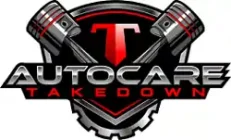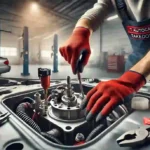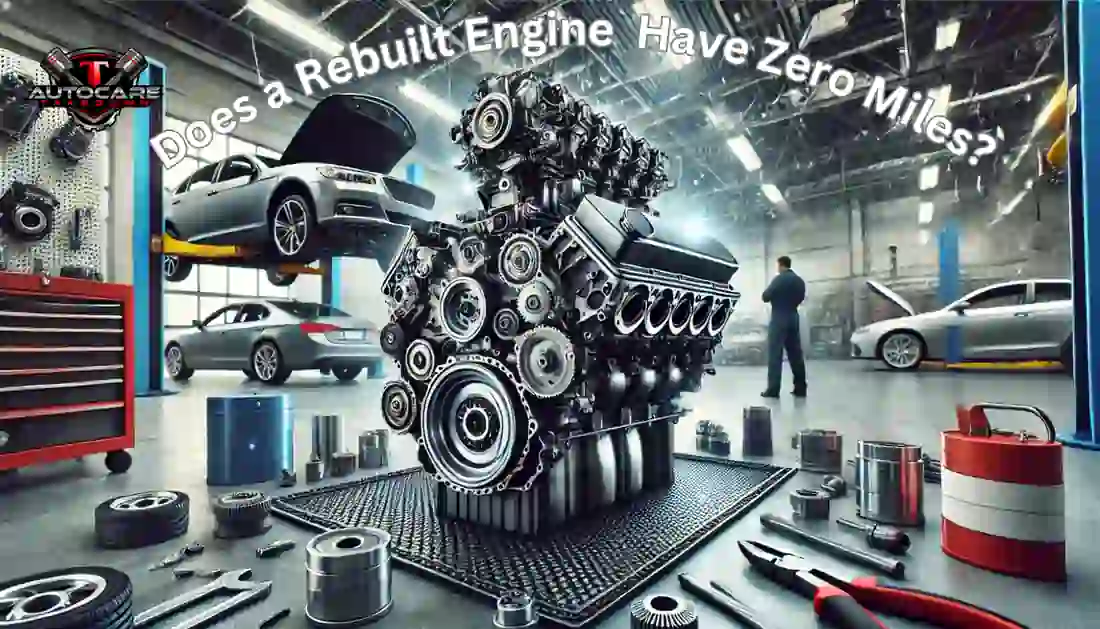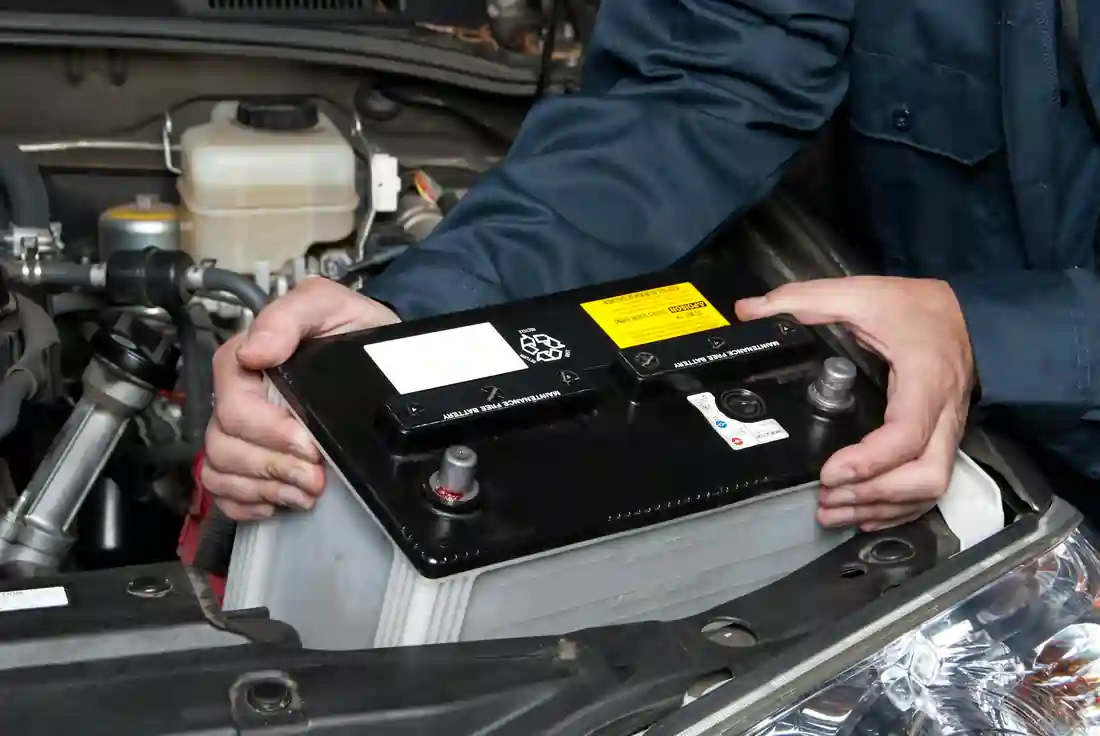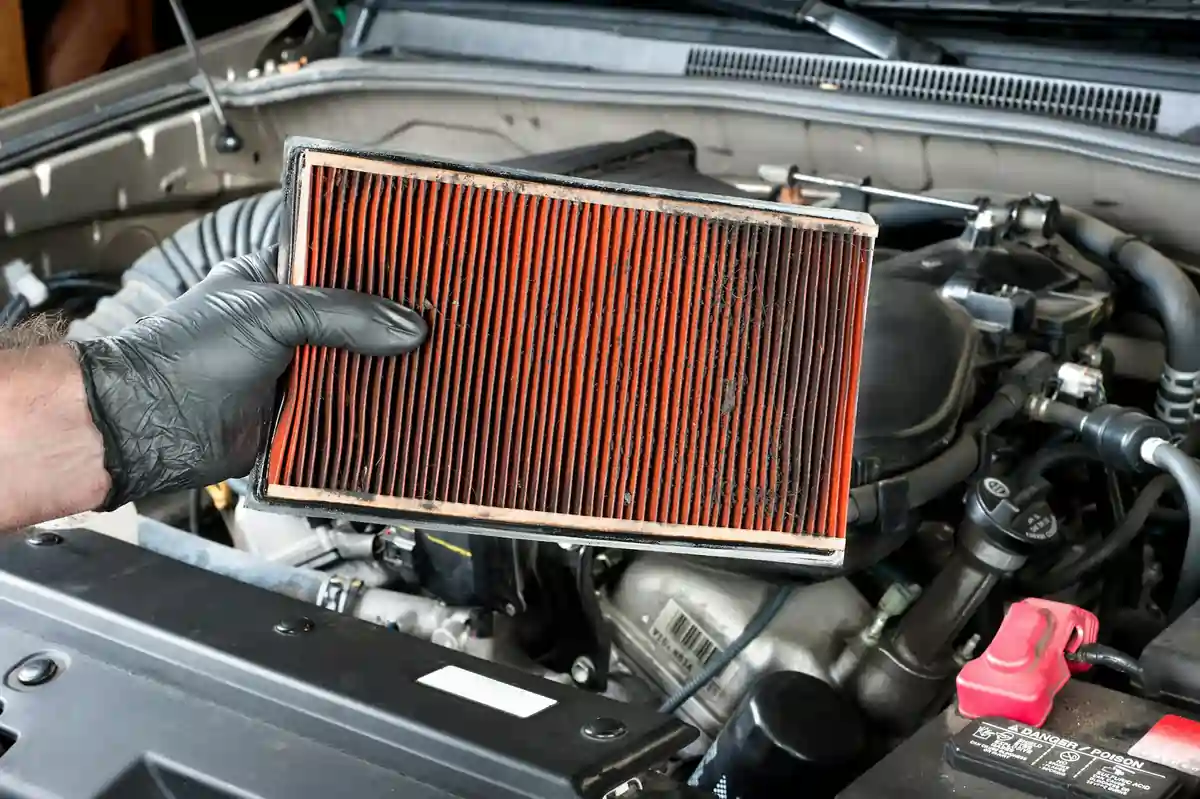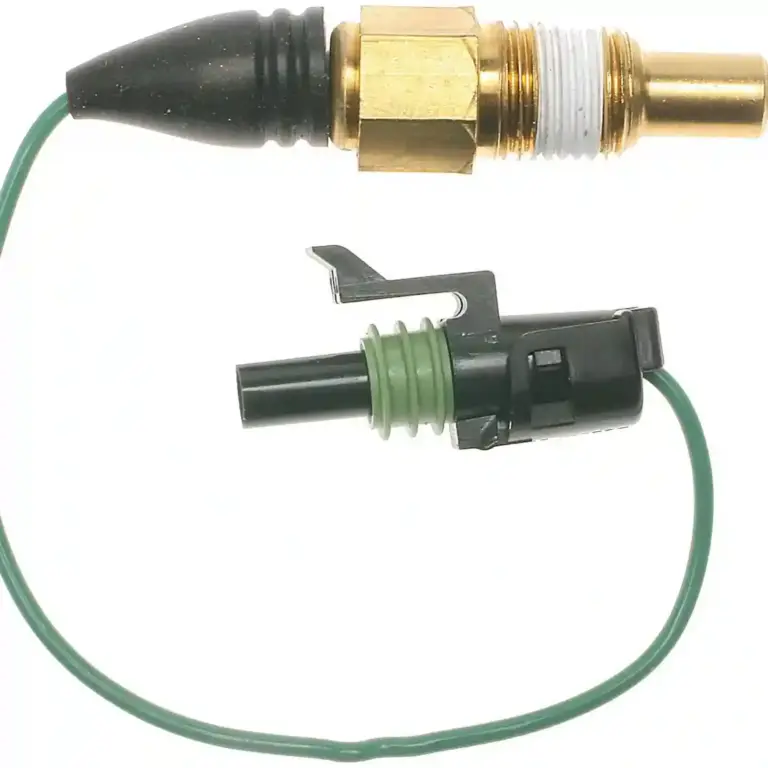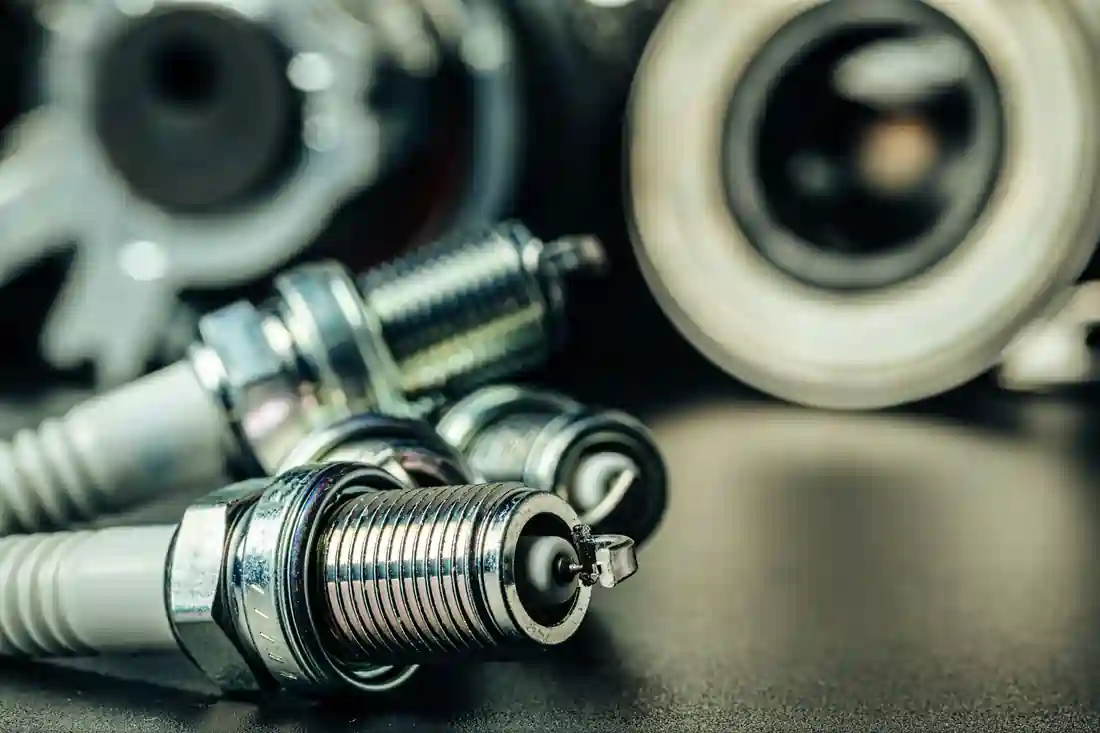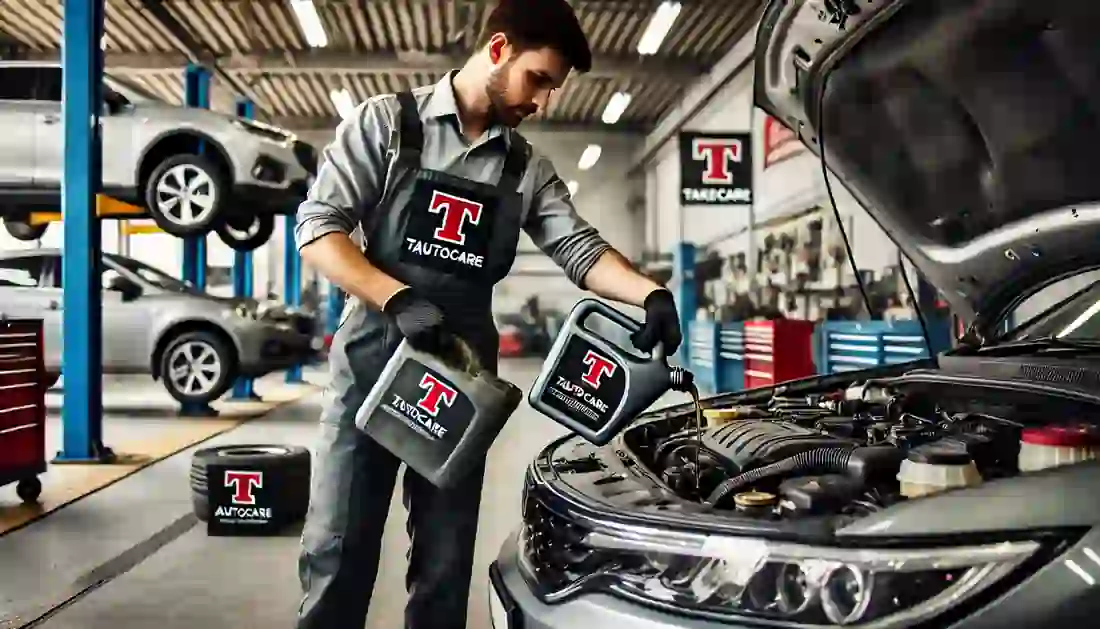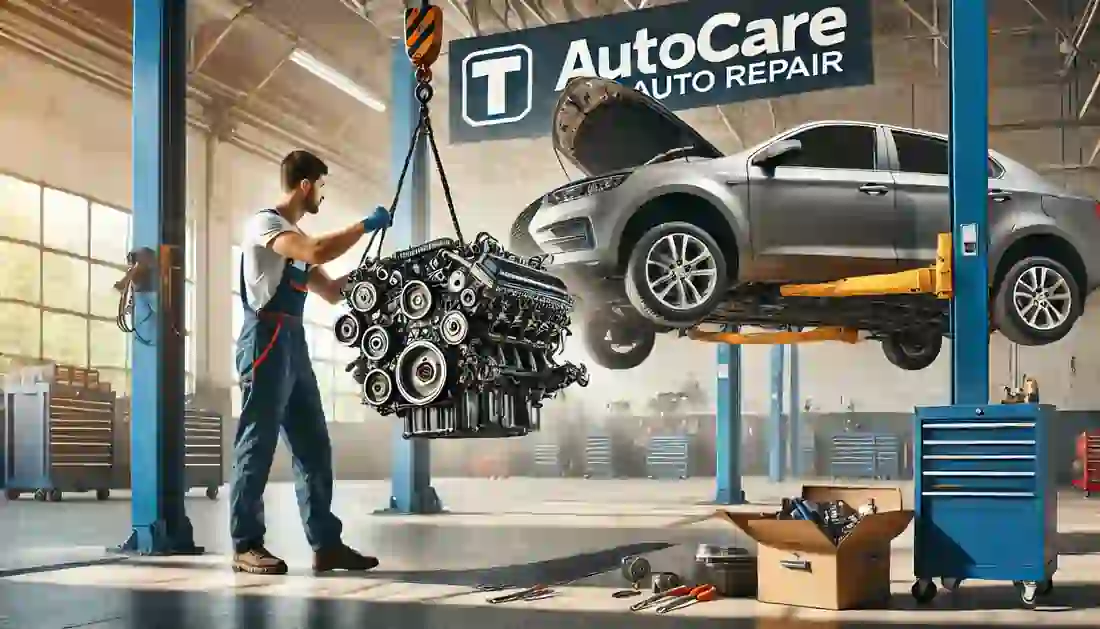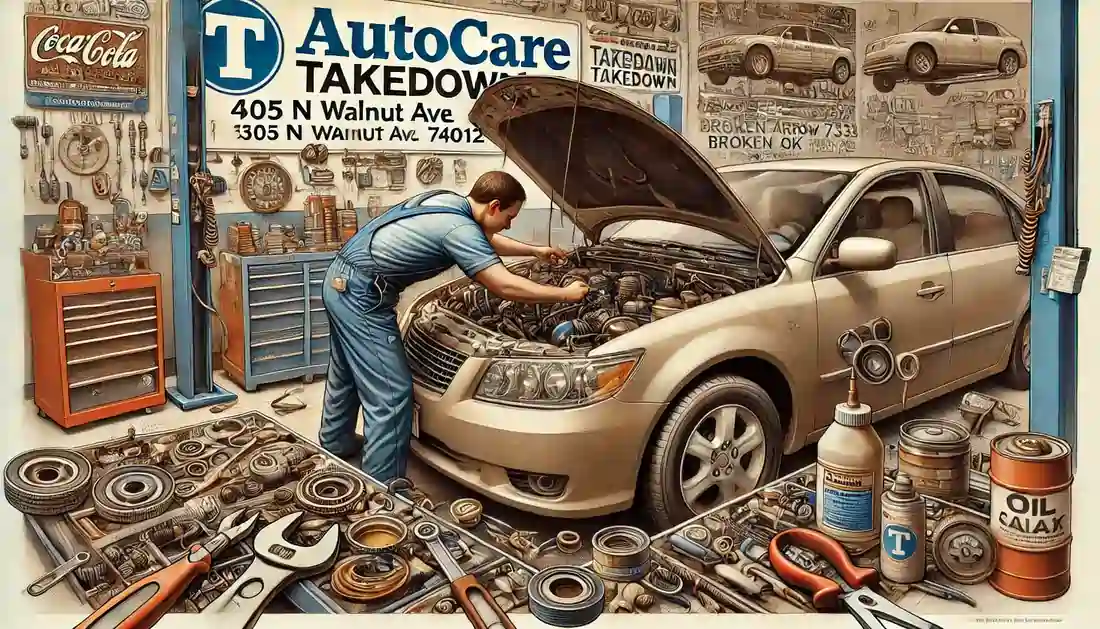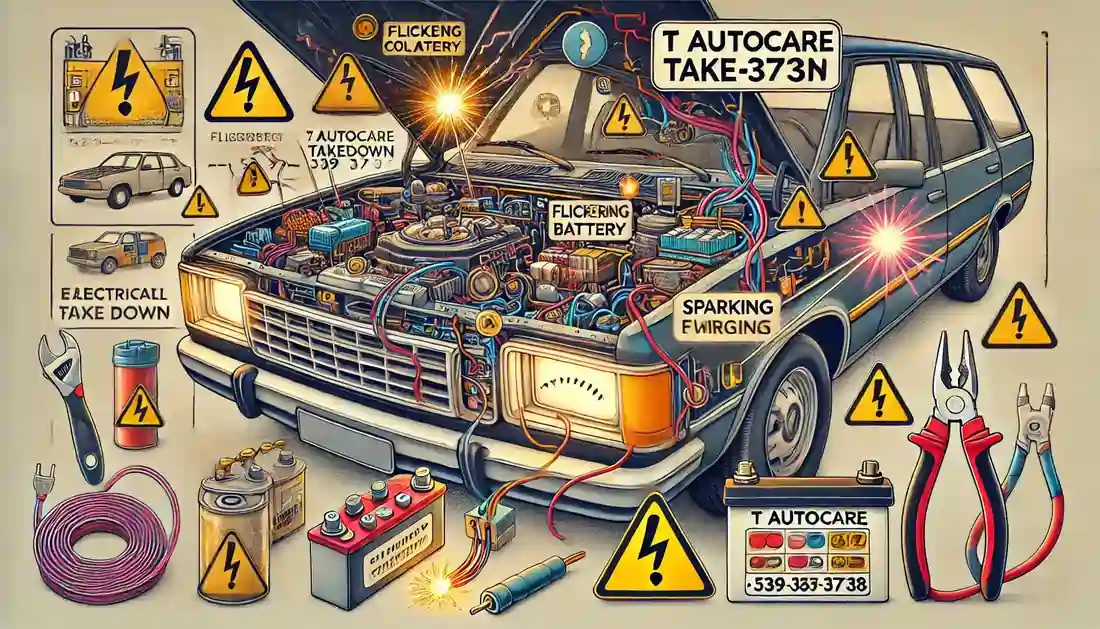Is It Cheaper to Repair or Replace Your Engine?
When your engine starts showing signs of trouble, the big question is: Should you repair it or replace it? Making the right choice can save you thousands of dollars and extend the life of your vehicle.
This article will guide you through the various factors to consider, helping you determine the best course of action for your vehicle.
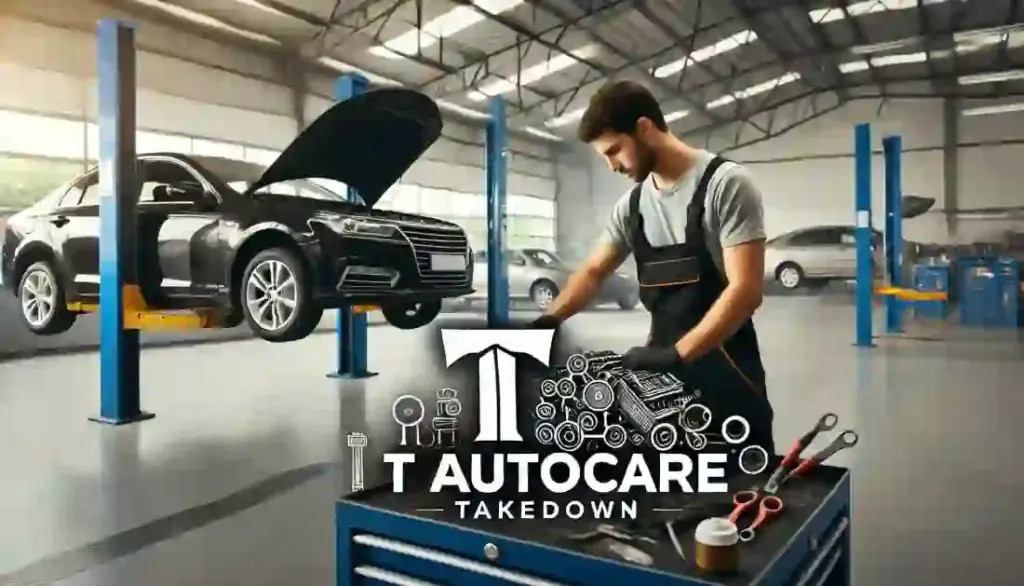
When deciding whether to repair or replace your engine, cost is often the biggest factor. It’s important to weigh the long-term savings of a repair versus the potential expenses of a replacement. For helpful tips on managing these expenses, take a look at our guide on creating a car maintenance budget. Proper budgeting can help you make an informed decision and avoid unexpected financial strain.
Understanding Engine Issues
Before deciding whether to repair or replace your engine, it’s crucial to understand the full scope of the problem. A proper diagnosis can help you avoid unnecessary costs and make the best decision for your vehicle. Our professional engine diagnostics service can pinpoint the exact issue, giving you the information you need to move forward with confidence.
Common Signs of Engine Trouble
Recognizing the early signs of engine trouble can save you from more costly repairs down the road. Here are some indicators that your engine might be in distress:
Loss of Power: A noticeable decrease in your vehicle’s performance can signal engine issues.
Increased Fuel Consumption: If your vehicle is consuming more fuel than usual, it may indicate engine wear.
Smoky or Colorful Exhaust: Significant changes in exhaust smoke can be a warning sign of engine problems.
Metal Shavings in Oil: Finding metal shavings during an oil change suggests severe engine wear.
Abnormal Oil Consumption: Excessive oil consumption can indicate worn piston rings or other internal engine issues.
Low Engine Compression: Symptoms like misfires and poor fuel economy can point to low engine compression.
Fuel Pump Issues: Bad fuel pump symptoms like sputtering, stalling, or difficulty starting can be caused by a failing fuel pump. Learn the signs early to avoid more serious problems
If you notice any of these signs, it’s essential to seek professional auto repair services to diagnose the problem accurately.
Engine Repair
When faced with engine issues, repairing the engine can often be a viable and cost-effective option.
Needing Engine Repair in Broken Arrow? We specialize in diagnosing and repairing engine issues to keep your vehicle running smoothly. Serving Broken Arrow, our skilled technicians use advanced diagnostic tools to ensure quality repairs and transparent service.
When Repair is a Viable Option
Engine repair is typically considered when the engine damage is not too extensive. Minor issues or specific component failures can often be addressed without replacing the entire engine. This approach is not only cost-effective but also environmentally friendly.
Advantages of Engine Repair
Repairing an engine has several benefits:
- Lower Immediate Costs: Repairing specific parts is usually less expensive than a full engine replacement.
- Preservation of Original Parts: Maintaining the original engine components can be beneficial for the vehicle’s performance and value.
- Compatibility with Existing Systems: Repairs avoid potential compatibility issues with the car’s existing ECU and electrical systems.
Disadvantages of Engine Repair
However, engine repair also has its drawbacks:
- Potential for Recurring Issues: If not thoroughly addressed, the same issues might recur.
- Limited Warranty: Repairs may come with shorter warranties compared to new or remanufactured engines.
- Time-Consuming: Extensive repairs can be time-consuming, leading to prolonged downtime.
Engine Replacement
In some cases, replacing the engine might be the more sensible option, especially when dealing with significant damage.
When Replacement Makes Sense
Replacing an engine (engine swap) is advisable when the existing engine has extensive damage, high mileage, or if the vehicle is relatively new. This option might also be more cost-effective in the long run if frequent repairs are anticipated.
Advantages of Engine Replacement
Engine replacement offers several advantages:
- Reliability of a New Engine: A new or remanufactured engine can provide more reliable performance.
- Extended Vehicle Lifespan: Replacing the engine can significantly extend the lifespan of your vehicle.
- Insurance Coverage: Some extended warranties might cover the cost of engine replacement, reducing the financial burden.
Disadvantages of Engine Replacement
There are also some disadvantages to consider:
- Higher Upfront Costs: Engine replacement is generally more expensive initially than repairs.
- Possible Compatibility Issues: New engines may require reprogramming the ECU, which can lead to additional costs and complications.
- Impact on Resale Value: Replacing the engine might affect the vehicle’s resale value, especially if a used engine is installed.
Economic Considerations
Making a decision between engine repair and replacement involves a thorough cost analysis and consideration of long-term financial impacts.
Cost Analysis
When comparing the costs, it’s important to look beyond the immediate expenses. Repairing an engine is often cheaper upfront, but frequent repairs can add up. On the other hand, replacing an engine has higher initial costs but can be more cost-effective over time due to reduced maintenance needs.
Long-term Financial Impact
Consider the following when making your decision:
- Depreciation: Newer cars depreciate faster, while the value of an older car might not justify the cost of a new engine.
- Fuel Efficiency: A new or well-repaired engine can boost your gas mileage, saving money in the long run.
- Resale Value: A vehicle with a new engine might have a higher resale value compared to one with ongoing repair issues.
Unique Insights and Case Studies
To provide a comprehensive perspective, let’s look at some real-life examples and unique insights.
Case Study: Successful Engine Repairs
At T Autocare Takedown, we’ve had numerous clients who chose engine repairs and saw significant savings. For instance, a customer with a high-mileage vehicle opted for a repair of the cylinder head and achieved another 100,000 miles without issues.
Case Study: Engine Replacement Benefits
Conversely, another customer decided on engine replacement after a catastrophic failure. The new engine extended the life of their vehicle by several years, proving to be a sound investment.
Innovative Ideas
Consider reconditioned or used salvage yard engines as viable options. These engines offer a balance between cost and performance. They are also an environmentally friendly option, reducing waste and resource consumption.
Another Option: Buying a New Car
In some cases, buying a new car might be the best choice, especially if your current vehicle is nearing the end of its lifespan or if you require additional features that your current car doesn’t have. While the initial cost is higher, a new car offers advanced safety features, better fuel efficiency, and the peace of mind that comes with a comprehensive warranty. However, it’s essential to consider the long-term financial impact, including depreciation, insurance premiums, and potential higher monthly payments if the car is financed.
Decision-Making Guide
Making the right decision involves assessing your vehicle’s condition, financial situation, and personal preferences.
Step-by-Step Decision Process
- Assess the Car’s Overall Condition: Evaluate the body, interior, and other mechanical components.
- Evaluate Sentimental Value vs. Practical Needs: Consider how much you value the vehicle versus practical transportation needs.
- Consult with Professional Mechanics: Get expert advice to understand the full scope of the issue and potential solutions.
Checklist for Car Owners
Here are some questions to ask your mechanic:
- What is the extent of the engine damage?
- What are the costs of repair versus replacement?
- How long will the repair or replacement take?
- What warranties are available for the repair or replacement?
Conclusion
In conclusion, deciding whether to repair or replace your engine depends on various factors including the extent of damage, costs, and your personal preferences. At T Autocare Takedown, we are committed to providing the best auto repair services to help you make an informed decision. For professional advice and services, visit us at 1501 W Detroit St, Broken Arrow, OK 74012, or call (539) 367-3738.
Take the Next Step with T Autocare Takedown
We offer wide range of vehicle services in Broken Arrow.
For all your auto care needs, including batteries, brakes, engine repair, oil changes, shocks & struts, engine tune-up, timing belts, starters & alternators, visit T Autocare Takedown. Schedule an inspection or consultation today to ensure your vehicle receives the best care possible.
